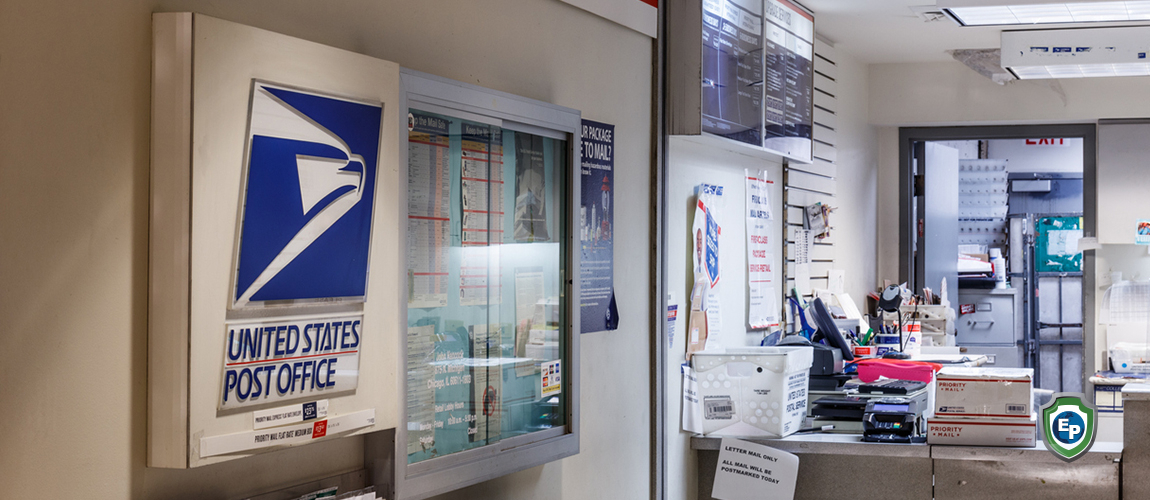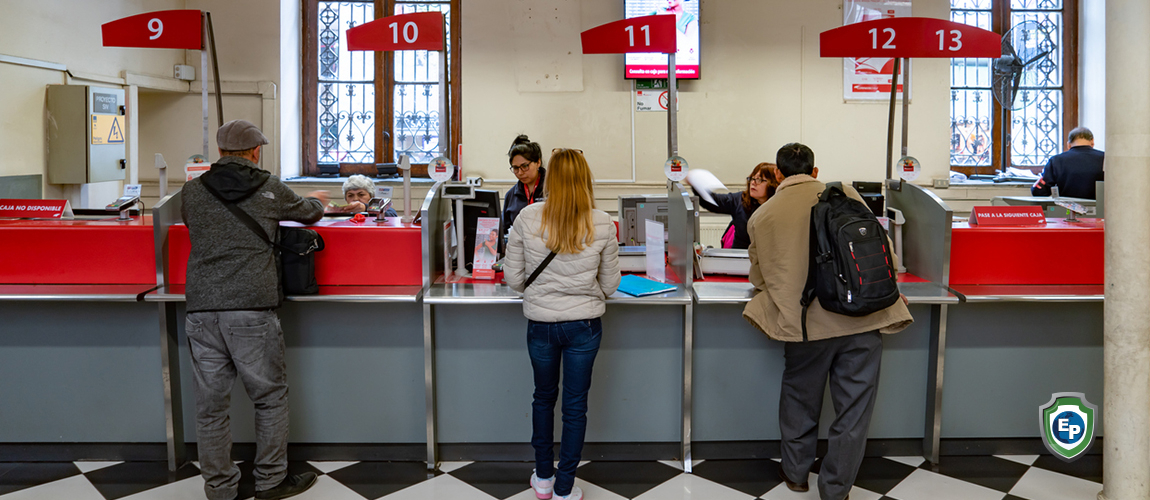Blockchain Technology: How It Works and Why It Matters
Blockchain technology is said to reshape the way how we interact with each other. Some say it will have similar effects on business and society as the internet. Learn More!

Blockchain technology is said to reshape the way how we interact with each other. Some say it will have similar effects on business and society as the internet has had since the early 1990s. Still, it seems not many people know what blockchain technology is or how it works.
A blockchain is a decentralized and distributed database
A blockchain is a database. It is made up of blocks that are connected in a chain. Each block stores information in a digital form and is sealed with a cryptographic hash, making the information immutable.
A block can contain all kinds of information; for example, the date, time, and amount of monetary transactions. Whenever a new block is added to the chain, the information in the block must be verified by the entire network. This blockchain network consists of thousands of computers (“nodes”). All of these nodes must confirm the block, according to a pre-defined consensus principle.
There is no single entity that governs the network, which is why a blockchain creates a decentralized and distributed system. That’s also why blockchain is fundamentally different from the way we currently manage and store information. For instance, if the information is sent via email, all the data will be handled by the service provider. If money is sent via the banking system, all data is managed centrally by the banks involved.

Blockchain enables a wide range of use cases
A blockchain is a techno-anarchic structure in which a network governs itself – a transparent, relatively secure, and cost-effective solution to manage information.
The various advantages of blockchain technology allow for a wide range of use cases, for example, in trade, real estate, banking, or supply chain management. Export Portal uses blockchain technology to enable its members to send information, documents, and money securely and directly at a low cost.
The genuinely revolutionary potential of blockchain is its ability to create a peer-to-peer network that is not relying on any middlemen. In the long-run, decentralized blockchain networks could replace banks, real estate agents, and even government institutions, which will reduce costs and put the user in charge of the data.






Comments 0